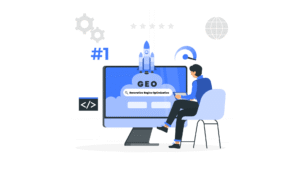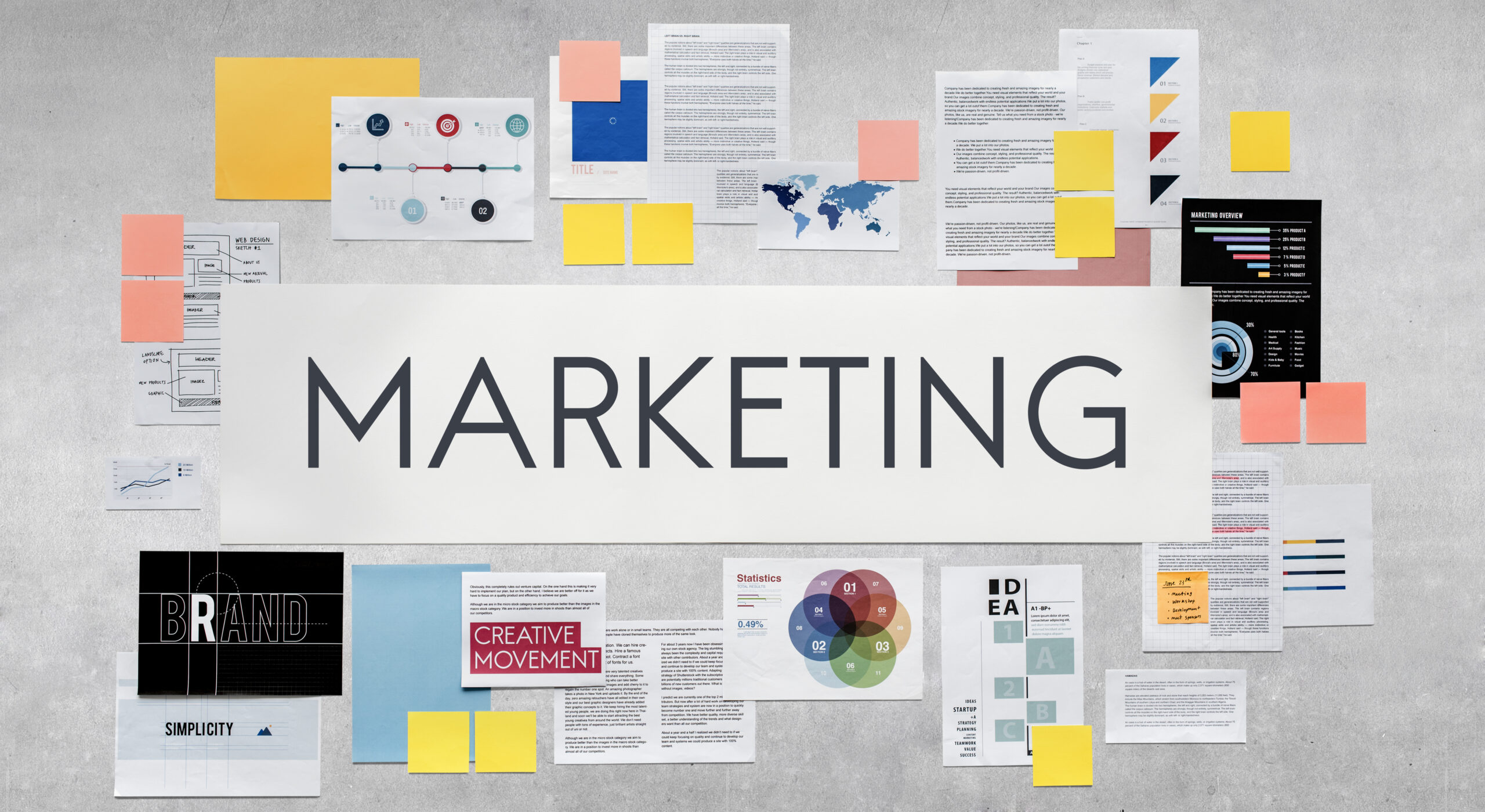The Intersection of AI and Marketing: How Generative AI is Redefining SEO through GEO
The marketing world is undergoing one of its most profound transformations since the rise of social media — the AI revolution. Artificial Intelligence is no longer a futuristic tool; it’s the driving force behind content creation, consumer targeting, and now, search optimization.
From crafting ad copy to predicting customer behavior, AI is reshaping the marketing ecosystem. But the most groundbreaking shift lies in how people discove
r content — the evolution of SEO into GEO, or Generative Engine Optimization.
AI’s Growing Influence on Search Behavior
Traditionally, search engines like Google worked on a keyword-driven model. Users typed queries, and algorithms ranked websites based on relevance, backlinks, and keyword optimization.
But now, generative AI search tools like ChatGPT, Google’s Search Generative Experience (SGE), Microsoft Copilot, and Perplexity AI are changing that behavior completely.
Instead of browsing through multiple websites, users are getting direct, conversational answers generated by AI — summarized, personalized, and contextually aware.
For marketers, this means one thing:
👉 Visibility no longer depends solely on traditional SEO ranking.
The question isn’t “How do I rank on Google?” anymore — it’s “How do I appear in AI-generated responses?”
That’s where Generative Engine Optimization (GEO) comes in.
What Is Generative Engine Optimization (GEO)?
GEO is the evolution of SEO in the age of AI-powered search. Instead of optimizing solely for algorithms that crawl and rank web pages, GEO focuses on optimizing content for generative AI models — the ones that produce summarized responses and insights in answer to user prompts.
In simpler terms, GEO ensures your brand’s content is:
-
Discoverable by AI models (through structured, context-rich data)
-
Citable within AI-generated answers
-
Credible enough to be referenced by language models during content synthesis
Think of GEO as the art and science of getting your brand mentioned by AI, not just seen by users.
How Generative AI Is Changing the SEO Game
Here are the key ways AI is transforming SEO strategies — and what marketers at Maxbusy Digital should help brands prepare for:
1. Search Results Are Becoming Conversational
AI-driven search engines now provide answers in narrative form, pulling data from multiple sources to generate a summary.
That means your content must be clear, structured, and contextually rich so that AI can identify and use it in responses.
GEO Tip: Focus on FAQs, structured data markup, and semantic SEO — they help AI models understand your content better.
2. E-E-A-T Matters More Than Ever
Google’s E-E-A-T framework — Experience, Expertise, Authoritativeness, Trustworthiness — has always been important. But with AI summarizing information, it’s now crucial for validation.
Generative models are trained to prefer trusted sources and avoid misinformation.
If your content demonstrates expert insights, author bios, citations, and credibility markers, it’s more likely to be pulled into AI-generated results.
GEO Tip: Strengthen author profiles and brand authority signals across your website.
3. Keywords Are Evolving into Topics and Intents
In the GEO era, AI understands natural language far better than exact keywords.
Instead of optimizing for “best digital marketing agency Hyderabad,” focus on conversational, intent-driven content like:
“How can small businesses in Hyderabad improve their digital presence?”
Generative AI picks up on semantic relationships between words and uses them to generate coherent answers — meaning topic clusters and context now matter more than keyword density.
4. Content Must Be AI-Readable
Generative engines read and interpret structured data, JSON-LD schema, and clean HTML to understand context.
If your site lacks structured data, you’re practically invisible to AI crawlers.
GEO Tip: Use schema markup (FAQ, How-To, Product, and Review schemas) to help AI recognize your content’s intent.
5. Visual and Multimodal Search Integration
Generative AI tools like Gemini and Copilot are integrating image, video, and voice search.
Tomorrow’s GEO strategies won’t just be text-based — they’ll involve AI-optimized visuals with proper metadata, alt text, and captions to make them discoverable by multimodal AI systems.
GEO Tip: Create content that blends visuals, data, and storytelling to stand out in AI-driven discovery systems.
How Marketers Can Adapt to the GEO Era
As AI changes how people find and consume content, marketers need to rethink the fundamentals of digital visibility.
Here’s how Maxbusy Digital can help brands adapt:
✅ 1. AI-Optimized Content Creation:
Develop content that blends human creativity with AI efficiency. Use generative tools for ideation but ensure human editing for tone, emotion, and authenticity.
✅ 2. Structured Data & Technical SEO Upgrades:
Optimize website architecture, schema markup, and metadata to make content AI-readable.
✅ 3. Authority Building:
Promote original research, case studies, and expert-led insights that make your brand a trusted source for AI to cite.
✅ 4. Multi-Platform Optimization:
Beyond Google, optimize for ChatGPT, Perplexity AI, Bing Copilot, and voice assistants — because the future of search is fragmented across platforms.
✅ 5. GEO Audits:
Perform regular audits to understand how your brand appears in generative search responses and identify opportunities for inclusion.
The Future: GEO as the New SEO
The shift from SEO to GEO isn’t just a technological change — it’s a paradigm shift.
As AI continues to power more search interfaces, brands that adapt early will dominate tomorrow’s search landscape.
Generative Engine Optimization is not about chasing algorithms — it’s about becoming part of the conversation.
The more your content speaks naturally, demonstrates expertise, and provides value, the more likely AI is to pick it up, summarize it, and share it.
In essence, AI won’t kill SEO — it will evolve it.
And for forward-thinking marketers, this is the perfect time to blend creativity, data, and intelligence into a new form of search visibility.
Final Thoughts
At Maxbusy Digital, we believe the future of marketing is AI-integrated, insight-driven, and experience-first.
Generative AI is redefining how users search, how brands communicate, and how visibility is earned.
The question is no longer “Are you optimizing for Google?”
It’s “Are you optimizing for Generative AI?”







